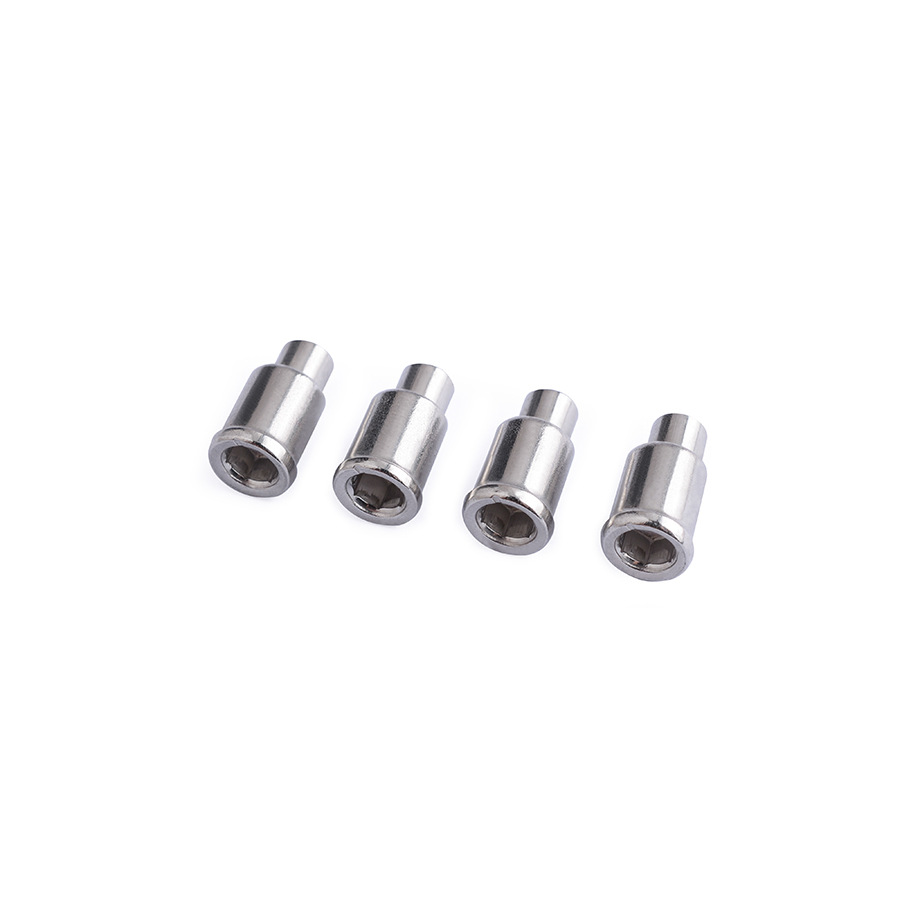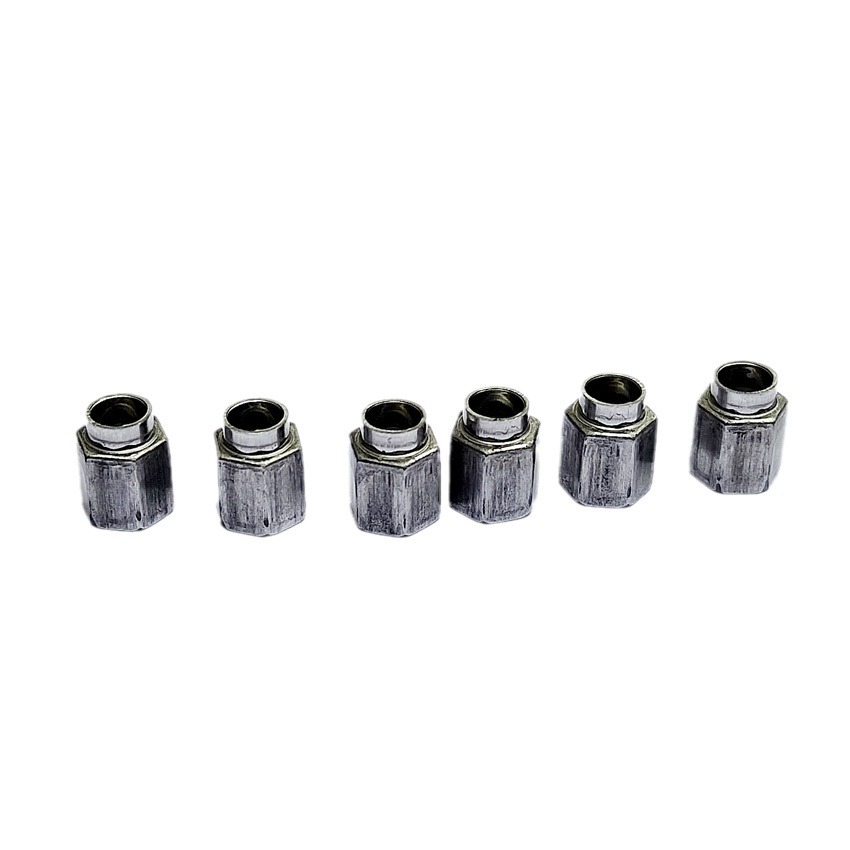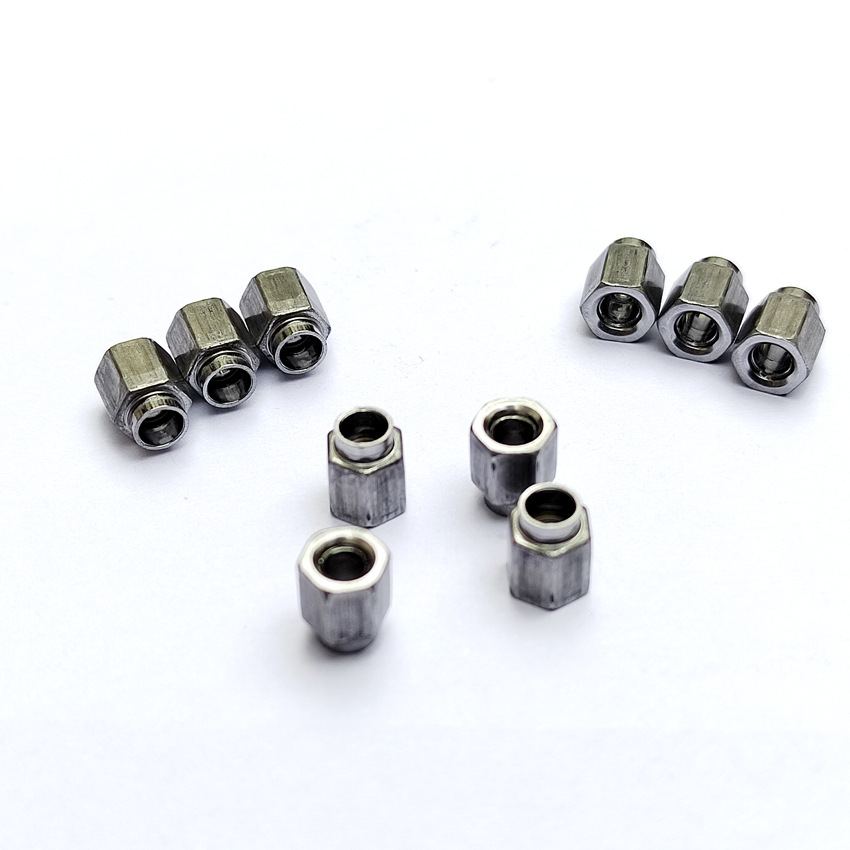- Time:2024/09/04 Posted:Dongguan Jierui Hardware Technology Co., Ltd
When it comes to custom non-standard fasteners, specifying the correct dimensions and tolerances is crucial for ensuring that the fasteners meet your precise requirements. Whether you're working with a custom non-standard fastener manufacturer, a non-standard fastener factory, or non-standard fastener suppliers, clear and accurate specifications will ensure the success of your project. Here’s a guide to help you understand how to effectively specify dimensions and tolerances for custom non-standard fasteners.

1. Understanding Your Application Needs
Before approaching a custom non-standard fastener manufacturer, it's essential to have a clear understanding of your application’s requirements. Consider the environment in which the fastener will be used, the forces it will need to withstand, and any specific functional requirements. This will guide you in determining the appropriate dimensions and material selection.
2. Defining Critical Dimensions
Identify the critical dimensions of the fastener, such as length, diameter, thread size, and head style. These dimensions are essential for the fastener's fit and function within your application. Providing detailed drawings or CAD files can help the non-standard fastener factory understand your exact requirements and produce the fasteners to your specifications.
3. Specifying Tolerances
Tolerances define the acceptable range of variation in the fastener’s dimensions. When working with non-standard fastener suppliers, it's important to specify tolerances that are tight enough to ensure the fastener’s performance but not so restrictive that they drive up manufacturing costs. For example, if a fastener must fit precisely into a pre-existing hole, you may need a tighter tolerance on the diameter.

4. Material and Finish Considerations
The choice of material and finish can also impact the tolerances of custom non-standard fasteners. Different materials may have varying degrees of machinability, which can affect the achievable tolerances. Additionally, coatings or finishes applied to the fasteners can alter dimensions slightly, so it’s important to communicate these needs clearly to your non-standard fastener factory.
5. Communication with Your Manufacturer
Clear communication with your custom non-standard fastener manufacturer is key to ensuring that your specifications are understood and met. Provide all necessary documentation, including drawings, material specifications, and any special requirements. Regular communication throughout the production process can help prevent misunderstandings and ensure that the final product meets your expectations.
6. Inspection and Quality Control
Work with your non-standard fastener suppliers to establish inspection and quality control procedures that ensure the fasteners meet the specified dimensions and tolerances. This may include first article inspections, in-process inspections, and final inspections before shipment.

7. Iterative Prototyping
For complex or highly specialized fasteners, consider starting with a prototype. This allows you to verify the dimensions and tolerances in the actual application and make any necessary adjustments before proceeding with full-scale production.
Conclusion:
Specifying dimensions and tolerances for custom non-standard fasteners requires careful consideration and clear communication with your non-standard fastener factory or supplier. By understanding your application needs, defining critical dimensions, specifying appropriate tolerances, and maintaining open lines of communication, you can ensure that the custom fasteners you receive meet your exact requirements. Whether you’re working with a custom non-standard fastener manufacturer, non-standard fastener suppliers, or a specialized factory, following these guidelines will help you achieve the best results for your project.
